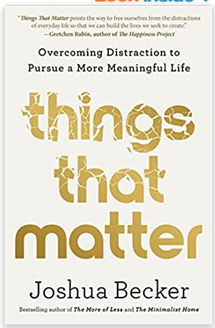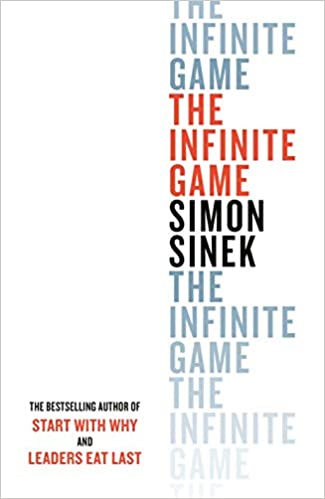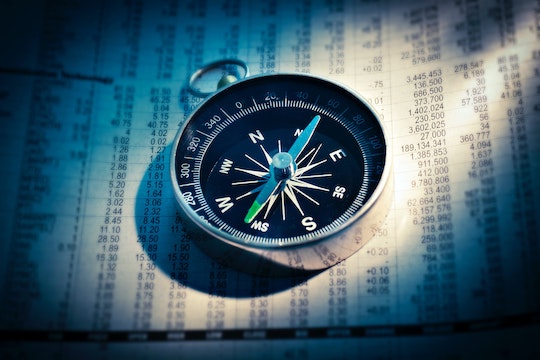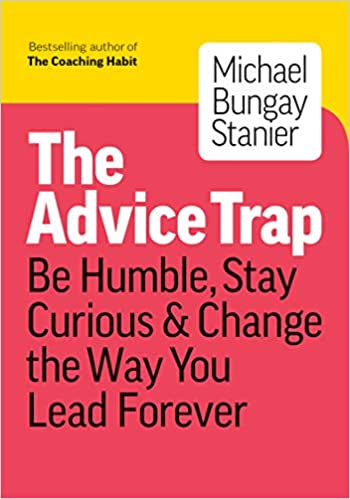Become one with your point of focus and fall into flow.
—Tamara Levitt, Calm App Reflection
Our grandson Weston has been taking swimming lessons at a local aquatic club since last fall. Over the past few months, we’ve noticed a plateauing effect on his progress. His weekly 30-minute classes have a single instructor and three other students, thus limiting his individualized attention.
With the warmer weather, he now swims outside on a regular basis with the family and gets many more hours of personal attention and wrinkled fingers. To our delight, his progress has taken a giant leap and he is quickly moving from a guppy to a dolphin in his abilities.
EXERCISE:
Where do you demonstrate the greatest level of focus?
How does your single-minded attention impact your experience of these events and your ability to perform at your best?








 How have your personal and professional worlds changed in the past three or four months?
How have your personal and professional worlds changed in the past three or four months?
